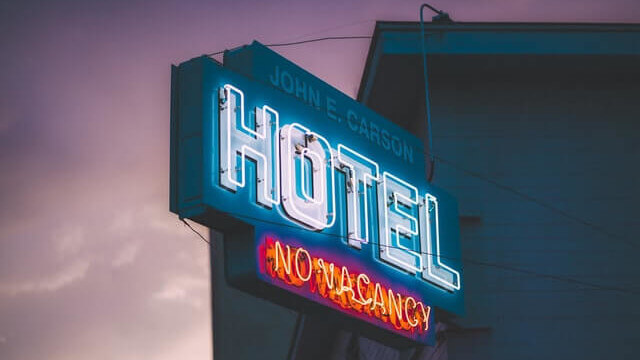
In the quest to increase direct bookings, many hotels often find themselves limited by a narrow range of strategies.
NB: This is an article from Travelboom
Subscribe to our weekly newsletter and stay up to date
While marketing efforts such as social media or content creation help generate awareness, they don’t always capture a guest at the critical moment they are ready to book. Even paid search options like Google Ads, though effective, fall short in seamlessly incorporating a hotel’s rates into the traveler’s decision-making journey. This is where hotel metasearch marketing becomes essential, especially for independent hoteliers.
The Importance of Hotel Metasearch Engines
According to a study by EyeForTravel, 94% of travelers regularly use metasearch sites when planning a vacation. In most cases, travelers may not even realize they’re using a metasearch engine—they simply see the rates for the dates they’re interested in at the property they’ve chosen. This information often appears as organic search content, making it highly trusted and frequently engaged with.
For example, a search results page for “Myrtle Beach hotels” typically shows at least one paid position at the top, a significant metasearch presence in the middle, and organic results below the fold (followed by more paid ads).
What many hoteliers may not realize is that even if they’re not actively participating in a metasearch campaign, their property is still being displayed with a rate. OTAs aggressively bid and display nightly rates for your property. This is why we recommend every property adopt an aggressive metasearch strategy to ensure their best book-direct rate appears in as many metasearch opportunities as possible, particularly on Google Hotel Ads.
Participating in metasearch is similar to bidding on brand terms in your hotel PPC campaigns and should be a standard part of your overall marketing strategy. If you’re not participating, someone else will take your spot on the SERP and potentially capture the booking. As the two examples show, it’s clear that an rganic strategy alone is no longer enough in today’s SERP landscape.

Beyond Google Hotel Ads (GHA), several major players dominate the metasearch landscape, including:
- TripAdvisor
- Microsoft Hotel Ads
- Kayak
- Trivago
- Hundreds of niche engines…
A savvy hotelier understands the importance of having a presence on as many metasearch engines as possible to maximize direct bookings. Failing to do so means conceding ground to OTAs and missing out on valuable direct bookings.
Why does metasearch matter for independent hoteliers? Simple – if you’re not participating, you’re offering guaranteed bookings to the OTAs, costing you money, guest relationships, and future revenue opportunities.




